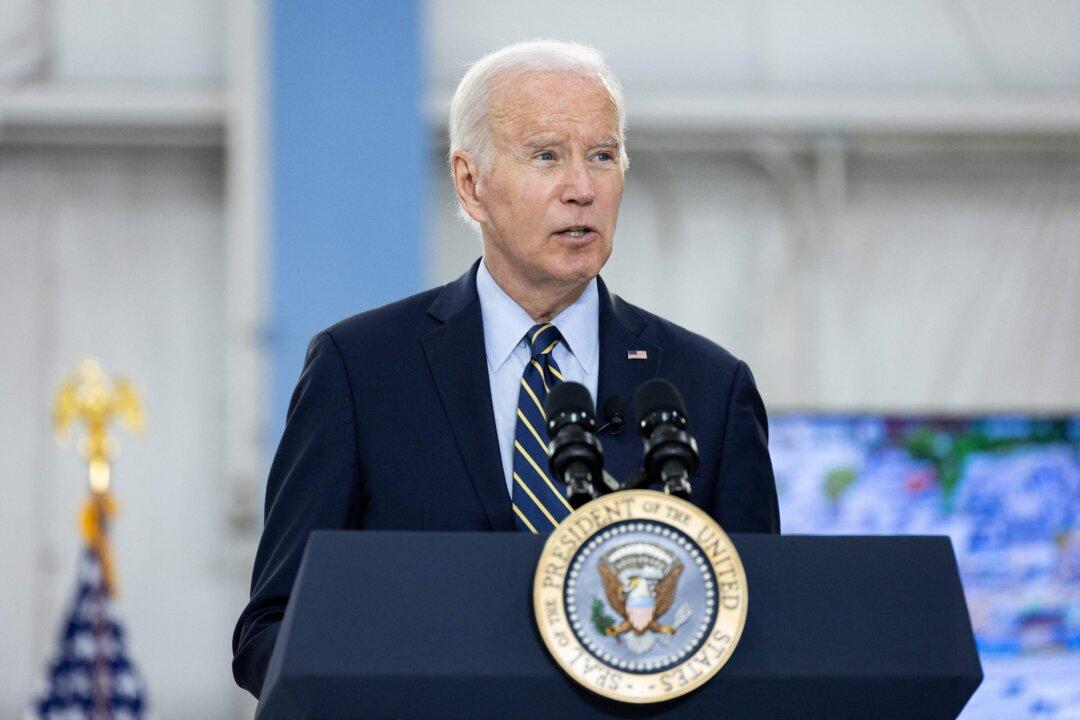The attempt by House Republicans to overturn President Joe Biden’s veto of a Congressional Review Act (CRA) resolution aimed at nullifying the president’s debt relief plan has failed with a vote of 221–206.
To successfully override Biden’s veto, it would have needed a two-thirds majority in both the House and the Senate, both of which initially passed the resolution.





